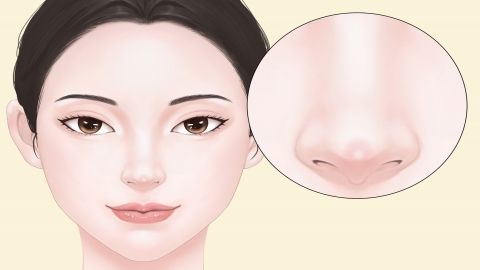Is it normal for my nose to still not be fully swollen 23 days after rhinoplasty?
Generally speaking, rhinoplasty refers to the procedure of nasal augmentation. It is normal for swelling to persist beyond 2 to 3 days after the surgery. Nasal augmentation involves implanting prosthetics, autologous cartilage, or injecting fillers into the nose to alter the framework of nasal bones and soft tissues, thereby increasing nasal height and improving nasal contour. The general reference price for rhinoplasty is 3,000–8,000 yuan per session. Noticeable improvement is usually observed 1 to 3 months after surgery, although symptoms such as redness, swelling, and pain may occur. Detailed explanation is as follows:

Rhinoplasty causes a certain degree of trauma to nasal tissues, and the extent and duration of post-operative swelling vary from person to person. Generally, swelling begins to subside gradually about one week after surgery, and most swelling resolves within 2 to 3 weeks. However, complete resolution of swelling may take 1 to 3 months or even longer. This is because the healing of nasal tissues and the restoration of blood circulation require time. Additionally, different augmentation techniques, individual physical conditions, and post-operative care can all influence the rate of swelling reduction. For example, procedures involving prosthetic implants or autologous cartilage grafts tend to cause greater trauma, resulting in slower resolution of swelling. If a patient's metabolism is slow or post-operative care is improper—such as getting the nose wet too early or consuming spicy or irritating foods—swelling may also be prolonged.
We recommend visiting a reputable hospital and undergoing the procedure under the guidance of qualified professionals to ensure safety and effectiveness. After surgery, continue to keep the nasal area clean and avoid external impact to the nose. Elevating the head appropriately while sleeping can also help reduce swelling.










